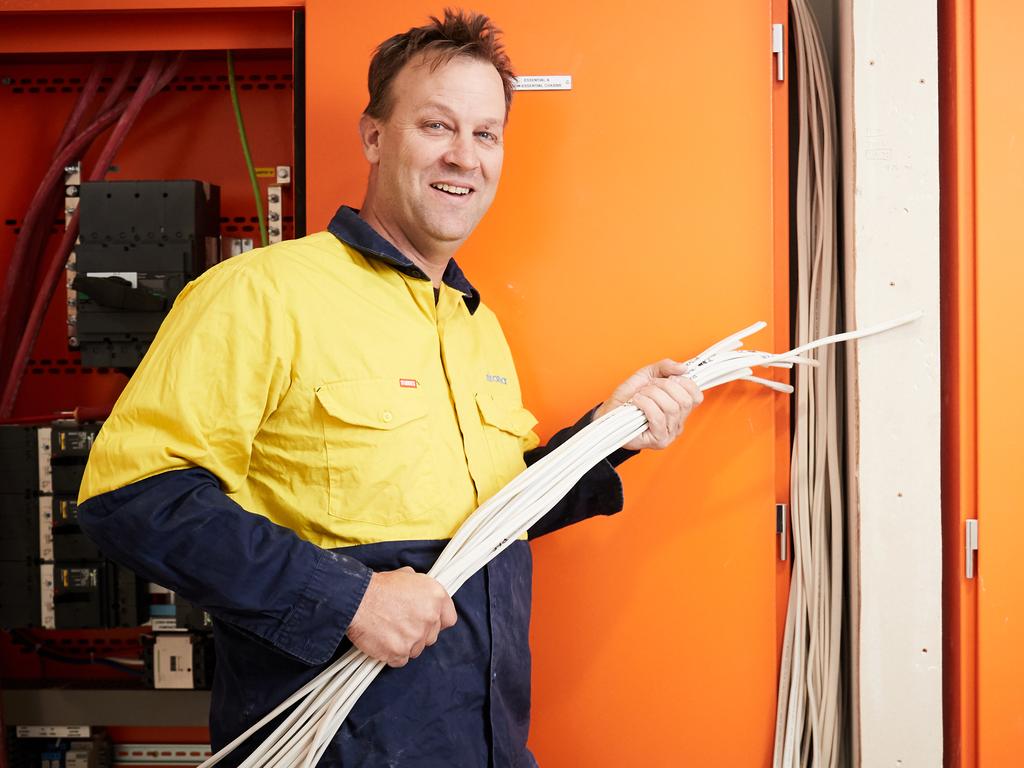In Australia’s job market, traditional trades remain highly sought after for good reason. They offer not only financial stability but also hands-on satisfaction. As the economy evolves and technology transforms industries, some trades stand out for their high salaries and strong demand. From construction sites to specialised workshops, these trades are the backbone of Australia’s workforce, driving growth and innovation.
The highest paying (average) trades 2024 include: HVAC technician ($127,390), Painter ($97,471), Landscaper ($96,783), Carpenter ($83,328), Electrician ($85,283), Handyman ($85,232), Dental hygienist ($84,469) Concreter ($84,389)
The following article published by The Weekly Times (2019) goes into details on the results of this report, including which tradies are earning more than the average Aussie.
National Electrical and Communications Association (NECA) chief executive Suresh Manickam says most people do not realise the earning potential in trades.
“The reason is we are not having the conversations in schools and we are not having a balanced discussion about trade pathways and university pathways,” he says.
“We are not providing relevant information to the students’ parents and unless the parent knows they cannot have discussions with their child.”
Manickam says electricians in particular attract large salaries as they require high levels of numeracy and literacy.
The job is also becoming more sophisticated with the introduction of smart homes, buildings and solar grids, and demand for electricians is growing across commercial, industrial and residential projects.
Niramar electrician and leading hand Brett Molineux says he did not consider salary when he chose his trade but fell into it after doing a prevocational course.
“Like all jobs, it’s got its ups and downs … but of all the trades, it’s probably the most interesting,” he says.
“You don’t have to be really good at maths but common sense is good.
“(My advice to apprentices is to) ask questions no matter how strange they may seem and try to be a forward thinker.”
Manickam says most people who undertake an apprenticeship of some sort end up employed in a trade.
He says the skills are also portable across Australia and overseas.
Fifteen young apprentices and trainees are already using their trades to travel as they are set to compete in the 45th WorldSkills International Championships in Kazan, Russia, in August.
The “tradie Olympics” will host representatives from 60 countries who will compete in 56 skill categories from cooking to plumbing.
WorldSkills Australia chief executive Brett Judd says apprenticeships and traineeships can also lead to further career opportunities down the track.
For example, a carpenter may complete a construction diploma to become a certified builder, or decide to lead a facilities management team.
He says trades are flexible, too.
“If you want to work hard seven days a week doing 15 hours a day, you can make extraordinary money very quickly,” he says.
“If you want a lifestyle where you can pick the kids up from school every day and do four days a week, you can also do that.”














